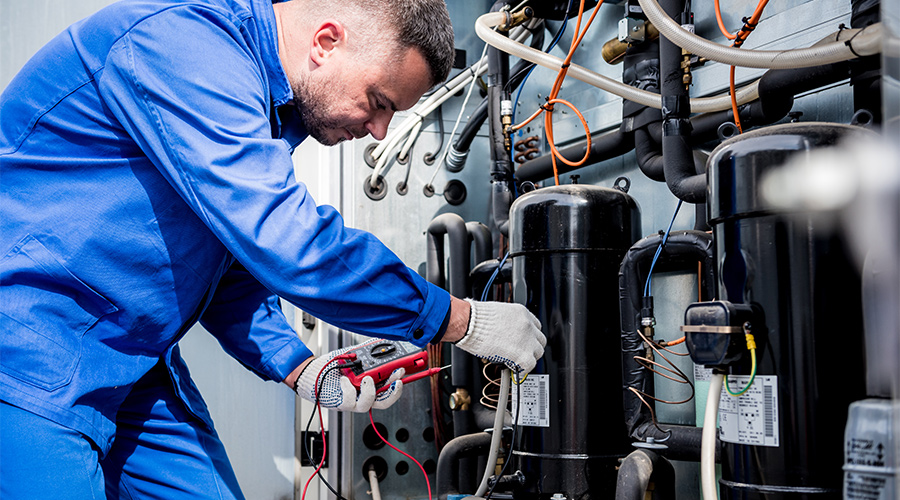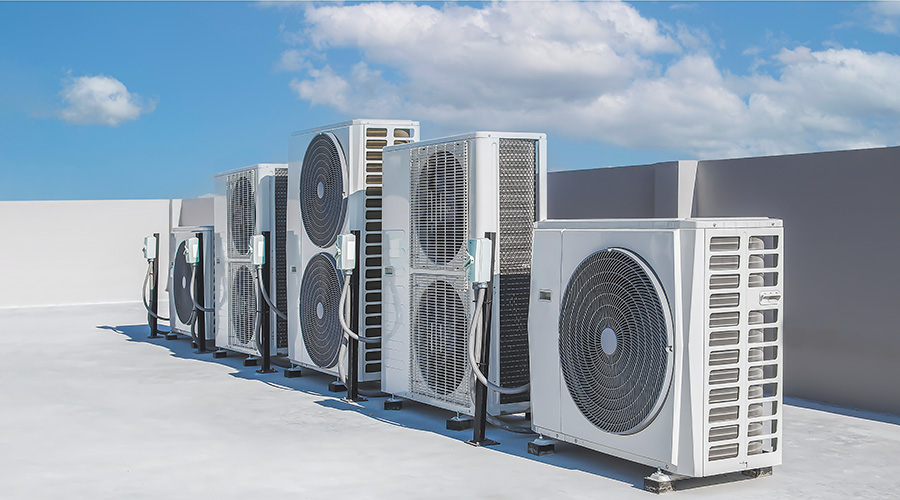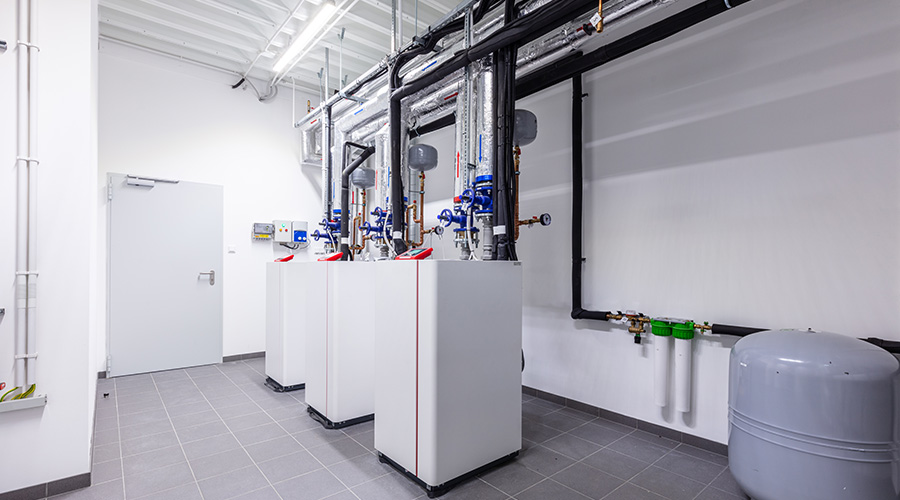Common Mistakes in Specifying Portable Heating and Cooling Equipment
Unfortunately for too many managers, mistakes during the specification process short-circuit the potential connection between the available technology options and facility cooling needs.
For example, many managers fail to understand one size does not fit all. Portable heating and cooling units designed for use in manufacturing plants will not perform as needed when used in a commercial building's server room.
"The two units are not the same, so don't try to have one size fit all," Lee says.
In some cases, managers mistakenly assume portable and fixed units of the same capacity provide the same quality of cooling. But a 1-ton portable unit will not cool a space as efficiently or effectively as a 1-ton fixed unit, Tagge says.
"They are not equivalent, Btu for Btu," he says. "A fixed unit is ideally and uniquely designed for that space."
Other common mistakes involve not understanding the limitations created by the power available to the space where the equipment will operate.
"If you only have a 110-volt outlet, we're limited by that" because larger-capacity units require higher voltages, Armshaw says, adding that managers who do not take power limitations into account will end up with equipment too small for the space. "They won't be happy with the results.
Managers also tend to purchase a piece of equipment without fully considering future expansion needs.
"Purchasing a larger unit than you need right now gives you the ability to grow the server room," Armshaw says. "Nothing is worse than getting six months down the line, adding a rack of servers and realizing the equipment can't keep up."
Related Topics:
















